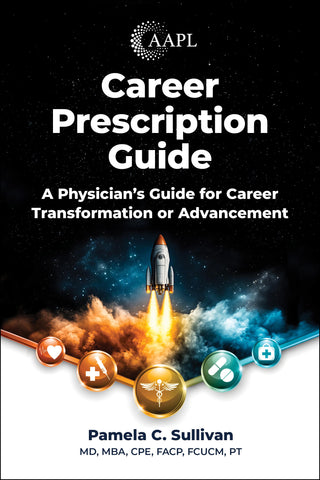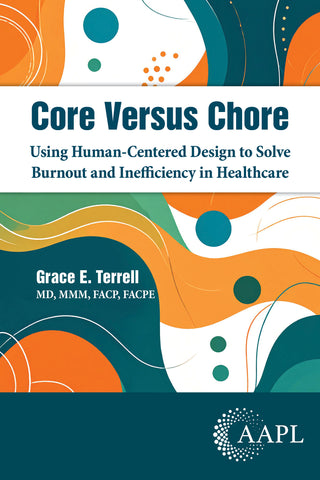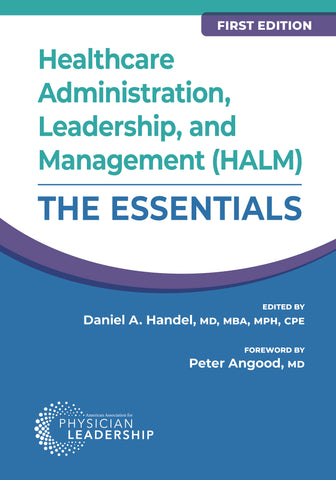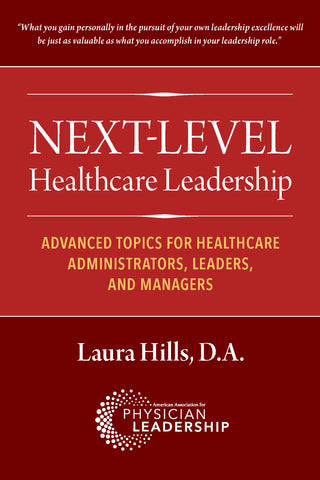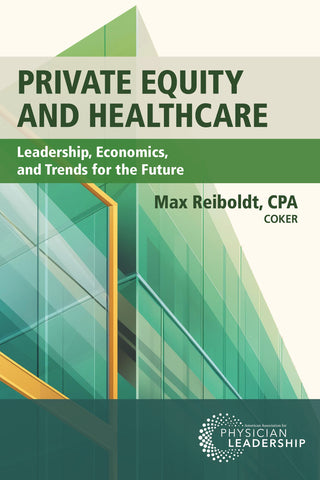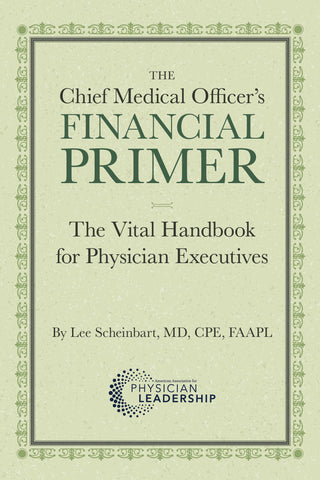Related Products
Career Prescription Guide: A Physician's Guide for Career Transformation or Advancement
Books
$34
Members save 15%
Core Versus Chore: Using Human-Centered Design to Solve Burnout and Inefficiency in Healthcare
Books
$47
Members save 15%
Between Heartbeats and Algorithms: Reclaiming What Matters in Healthcare
Books
Soft Cover
$33
Members save 15%
How to Jumpstart Your Medical Career and Thrive in Practice: Practical Advice and Insight from a Battle-Tested Physician
Books
Soft Cover
$34
Members save 15%
Communication Skills, Executive Leadership, and Career Growth for Physicians
Books
Soft Cover
$59
Members save 15%
Sexual Misconduct, Harassment, and Discrimination in Healthcare: History, Analysis, and Solutions with Case Studies
Books
Soft Cover
$52
Members save 15%
Healthcare Administration, Leadership, and Management (HALM): The Essentials, First Edition
Books
Soft Cover
$84
Members save 15%
Next-Level Healthcare Leadership: Advanced Topics for Healthcare Administrators, Leaders, and Managers
Books
Soft Cover
$48
Members save 15%
Working with Distressed Physicians: A Guide for Physician Leaders
Books
Soft Cover
$48
Members save 15%
Private Equity and Healthcare: Leadership, Economics, and Trends for the Future
Books
Soft Cover
$46
Members save 15%
The Chief Medical Officer’s Financial Primer: The Vital Handbook for Physician Executives
Books
Soft Cover
06/30
$42
Members save 15%


